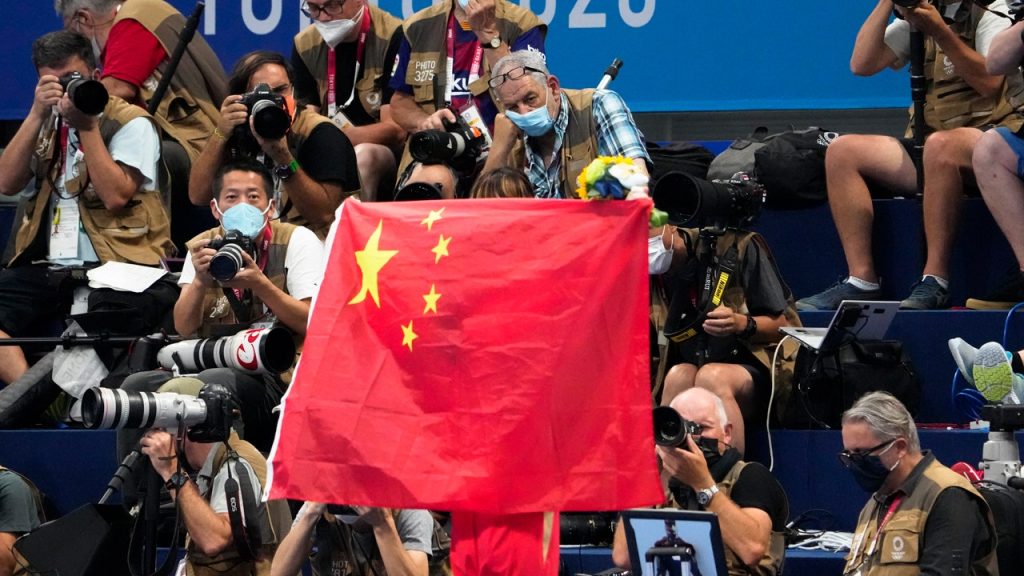The World Anti-Doping Agency (WADA) confirmed its decision to clear 23 Chinese swimmers who tested positive for a banned heart medication prior to the 2021 Tokyo Olympics. This decision came after media reports raised questions about the case, particularly in light of a documentary released by German broadcaster ARD. WADA addressed these concerns at a news conference and explained that the swimmers had been cleared due to contamination of their samples, which was believed to have originated from spice containers in the kitchen of a hotel where some of the team members had stayed for a national meet in January 2021.
Chinese authorities investigated the matter in January 2021 and cleared the swimmers without any penalties, attributing the positive tests to environmental contamination. WADA accepted these conclusions, stating that sending independent investigators to China during the COVID-19 pandemic was not feasible. Ross Wenzel, a WADA prosecutor, explained the timeline of the case’s resolution and emphasized that there was no political pressure to drop the case. The swimmers went on to win three gold medals in Tokyo, raising concerns among other countries that competed.
In light of the release of a documentary and ongoing media scrutiny, WADA reaffirmed its decision to clear the Chinese swimmers based on scientific evidence and expert assessments. The agency stood by the findings of contamination and maintained that there was no basis under the global anti-doping code to challenge the Chinese authorities’ conclusions. The drug involved in this case, trimetazidine (TMZ), was also at the center of a separate case involving Russian figure skater Kamila Valieva at the Beijing Winter Olympics in 2022.
Despite accusations that WADA was lenient towards Chinese athletes, the agency’s president, Witold Bańka, stressed that they had vigorously pursued justice in previous cases, such as that of Chinese swimmer Sun Yang. Chinese authorities supported WADA’s decision and stated that the swimmers were not at fault in the incident, attributing the positive tests to the ingestion of contaminated food. The Chinese government maintained its commitment to zero tolerance towards doping, highlighting its adherence to the WADA code and contributions to global anti-doping efforts.
The case highlighted concerns about the effectiveness of the global anti-doping system and the role of national anti-doping organizations in identifying and penalizing doping violations. WADA acknowledged that they had received a tip from the U.S. Anti-Doping Agency in 2020 regarding alleged doping cover-ups in China but noted that the evidence had not been followed up on. USADA CEO Travis Tygart expressed disappointment at the handling of the Chinese positive tests, emphasizing the need for consistent application of anti-doping rules globally.
The controversy surrounding the Chinese swimmers raised questions about the fairness and transparency of anti-doping practices in international sports. The case underscored the challenges faced by WADA and national anti-doping organizations in maintaining integrity in competitions and ensuring a level playing field for all athletes. Despite the outcome of this case, concerns about potential doping violations and cover-ups persist, underscoring the need for continued vigilance and cooperation among stakeholders in the fight against doping in sports.


